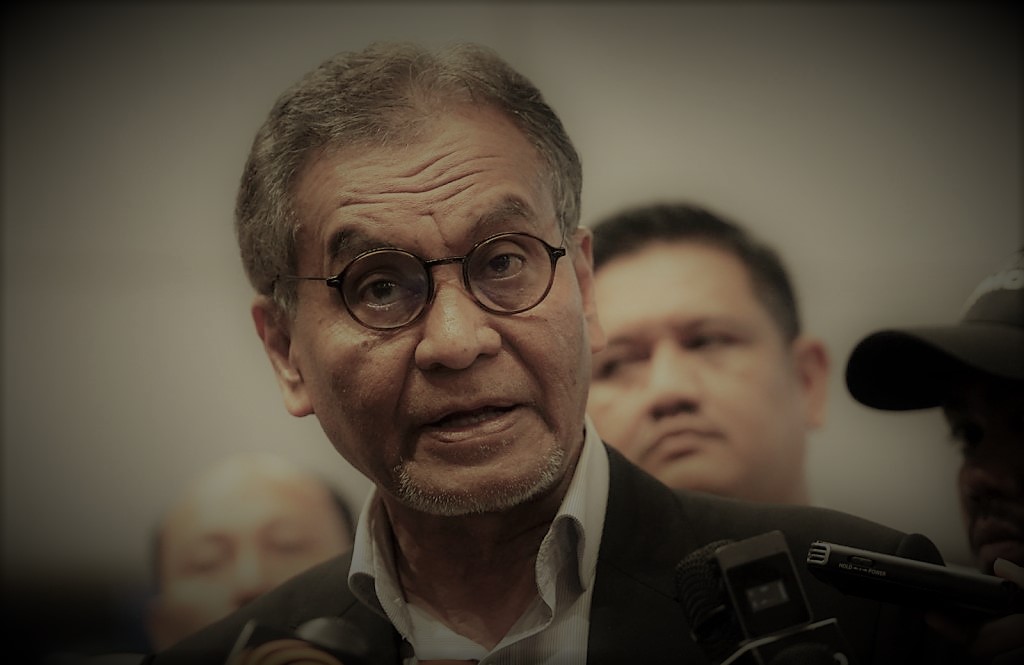In the heart of Kashmir, particularly in District Budgam, artisans face severe challenges despite their remarkable craftsmanship. These talented individuals, who create exquisite shawls and carpets, struggle to make a decent living. While their creations are highly valued and fetch substantial sums both domestically and internationally, the artisans themselves receive a meager portion of the profits.
During my visits to various locations in Budgam—such as Ringzabal, Kharein, Zogo, Brass, Drang, Habbar, Rawalpora, Parra Pora, Gund I Panah, Dragger, Raithan, Basant Vaderr, Mujhpathri, and Lani Labb—I witnessed the harsh realities faced by these artisans. Many reported that their low wages force them to abandon their traditional craft in favor of labor-intensive jobs that offer a daily wage of at least Rs. 700—a sum still insufficient but better than their earnings from artisanal work. This shift not only undermines the artisans’ livelihoods but also jeopardizes Kashmir’s rich cultural heritage.
These artisans, who contribute immensely to Kashmir’s cultural identity, are often undervalued and disrespected. They work under challenging conditions with inadequate facilities, impacting their health and the quality of their work. Exploitation by middlemen, who siphon off significant portions of the profits, leaves artisans with only a fraction of what their creations earn. The lack of direct market access forces artisans to depend on intermediaries who do not fairly compensate them.
To address these issues, the government must take immediate and decisive action. Providing interest-free loans to artisans and establishing government-run emporiums to sell their products would not only bolster their financial stability but also honor their authentic craftsmanship. Fair wages and a share in the profits of their creations are essential to ensure that artisans receive due recognition for their work.
Additionally, the Jammu and Kashmir government should offer financial assistance, improve working conditions, and provide healthcare to artisans. Facilitating direct market access through online platforms and government-supported trade fairs could help them achieve fair prices for their products. Training programs to enhance skills and knowledge of market trends can also empower artisans to negotiate better deals. Recognizing their contributions through awards and public acknowledgment can elevate their status and inspire future generations to engage in traditional crafts.
Kashmir’s artisans are custodians of a rich cultural legacy. It is imperative that we support them with fair wages, improved working conditions, and the respect they deserve. Both the government and society must act urgently to protect and uplift these invaluable contributors to our cultural heritage.
By Dr. Bilal Ahmad Bhat, Social & Political Activist








